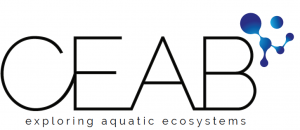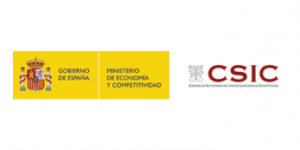Ants are very diverse social insects from both a taxonomical and an ecological perspective. However, they all share a particular form of organization: the colony.
To guarantee the progress and survival of the colony, these animals perform simple tasks at the individual level (i.e. nest building, food collection and brood nursing) that end up benefiting the whole colony. Accordingly, ants do not act in isolation but communicate with one another and transfer the information so that the general activity of the colony is modulated and synchronised. A clear example occurs during food searching and collection: when a single ant discovers a new food source, it is capable of mobilizing tens to thousands of individuals in order to exploit this resource efficiently.
This collective behaviour has attracted the interest of many researchers belonging to a wide range of disciplines. In the context of cognitive sciences, the activity of a colony of ants is often compared to the computational capability of a brain. Along these lines, the mathematical frameworks that explain how the brain works are also useful for modelling ants’ activity.
The behaviour of these animals has inspired the development of algorithms that we commonly use, for instance, during internet searches. In our laboratory, we aim to further the understanding of the mechanisms underlying the dynamics of a whole ant society, depending on the ecological context. Therefore, we rely on new experimental methods that allow us to obtain high-quality data that can be used in well-established mathematical frameworks.
Overall, we expect to help discover how ant collective intelligence works.

